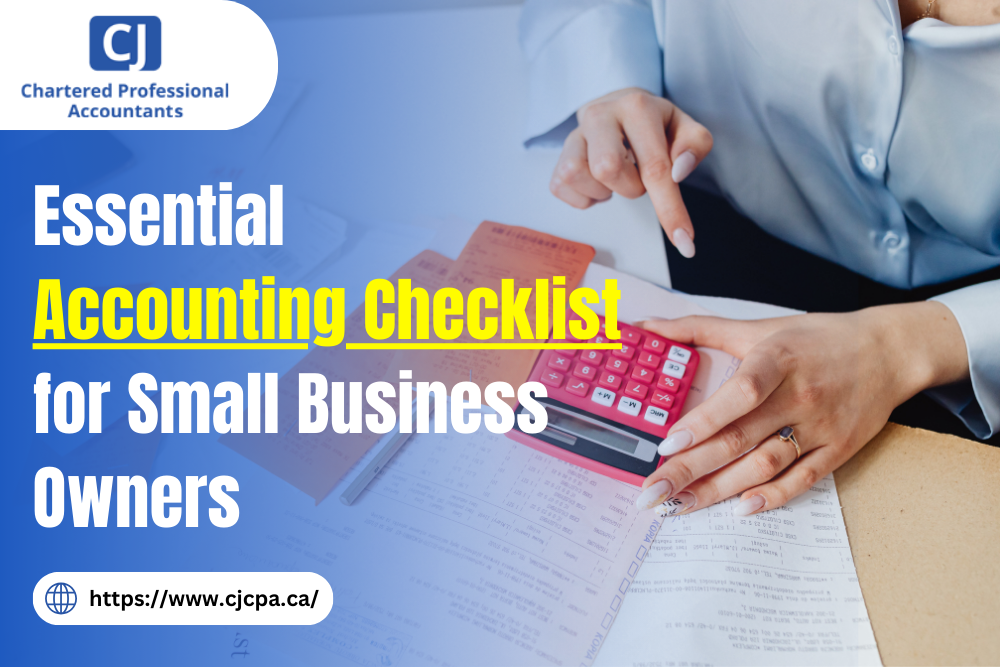Sole Prop vs. Corp – Choose the Right Business Structure in British Columbia
Stay updated with current accounting standards, business compliance, tax preparation tips, and latest news.

11 Sep 2025
Starting a new venture in BC? One of your first and most important decisions is which business structure to choose. The choice between a sole proprietorship and a corporation in British Columbia affects everything from your personal liability to how much tax you pay. Let’s break it down clearly, so you can make the right call.
TLDR
If you’re running a small or low-risk business and want something easy and affordable to set up, a sole proprietorship can be a good choice. The downside is you’re personally liable for business debts, and profits are taxed at your personal income rate. On the other hand, if you want limited liability, access to the 11% small business tax rate on income under $500,000, and greater credibility with lenders, clients, or investors, then a corporation is the better option, especially if you’re planning for long-term growth. To understand the pros and cons of both and make a sound decision, continue reading this blog.What is a Sole Proprietorship?
A sole proprietorship is the simplest business structure, requiring minimal setup and low initial costs. However, the major drawback is that you are personally liable for any business debts or legal claims, meaning your personal assets (like your home) could be at risk. Additionally, earnings are added to your personal income and taxed at personal income tax rates, which may reach higher marginal levels depending on your total income.What is a Corporation?
A corporation is a separate legal entity. It shields your personal assets, meaning your liability is generally limited to what you’ve invested in the company. In terms of taxes, corporation taxes in BC are favourable: small Canadian-controlled private corporations benefit from a combined federal and provincial tax rate of ~11% on active business income up to $500,000. Corporations also offer better opportunities for reinvestment, income-splitting and enhanced access to business financing.Sole Proprietorship vs Corporation in BC: Key Differences
Here’s a side-by-side overview:| Factor | Sole Proprietorship | Corporation |
| Liability | Unlimited personal liability | Limited to company assets |
| Taxes | Personal tax rates (up to ~50%) | Small business rate (~11%) |
| Setup & compliance | Simple, low-cost | More paperwork and ongoing fees |
| Financing & credibility | Less formal | More credibility, easier to scale |
How to Register a Business in BC
For a sole proprietorship, you register your business name through BC Registries, it's fast and low-cost. If incorporating, you'll submit articles of incorporation, create a share structure and file annual reports. Incorporation requires more attention to compliance, such as separate tax filings and corporate record-keeping, but offers long-term benefits.Which Business Structure is Right for You?
Ask yourself:- Are you testing an idea or starting small? A sole prop is practical and low-cost.
- Are you growing, raising funds, or worried about liability? Incorporation offers protection and planning flexibility.
- Is minimizing tax crucial for you? The lower corporate tax rate (11%) may offer real savings.


